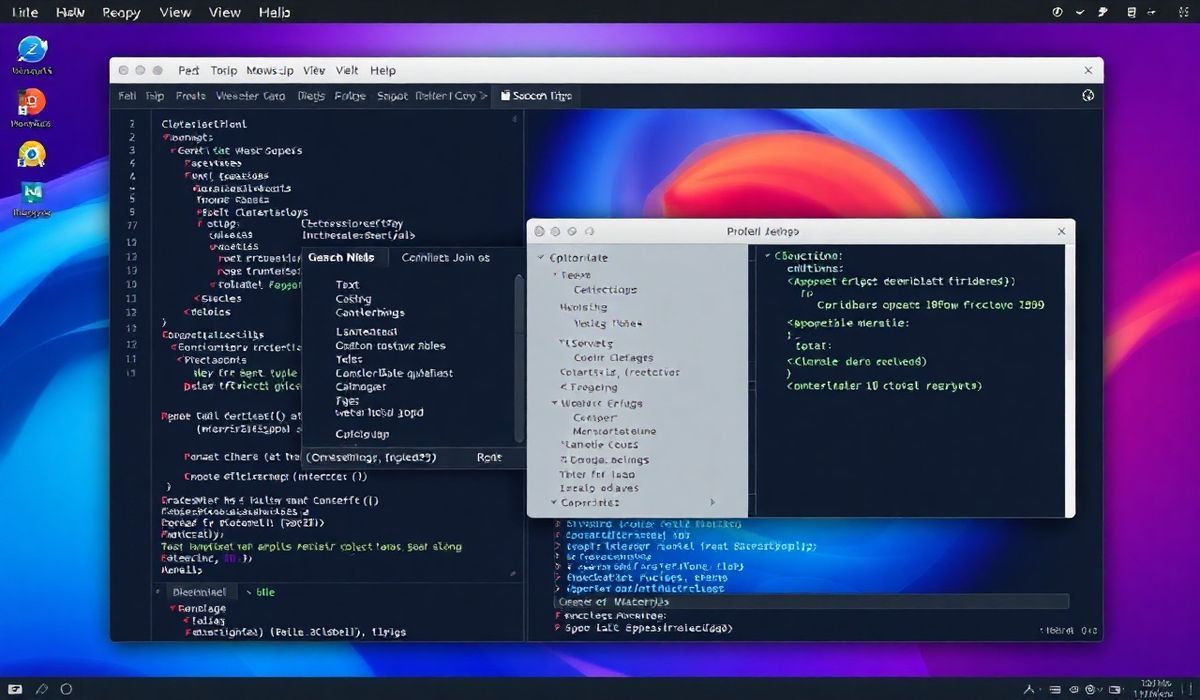Introduction to Koa-Body for Node.js
koa-body is an essential middleware for Node.js applications built with Koa.js. It simplifies the process of parsing request bodies, making it easier to handle data from different content types such as JSON, URL-encoded forms, and multipart forms.
Basic Usage
To use koa-body in your Koa application, you need to install it using npm:
npm install koa-body
Next, you can add koa-body as middleware in your Koa application:
const Koa = require('koa');
const koaBody = require('koa-body');
const app = new Koa();
app.use(koaBody());
app.use(ctx => {
if (ctx.request.body) {
ctx.body = `Body parsed: ${JSON.stringify(ctx.request.body)}`;
} else {
ctx.body = 'No body parsed';
}
});
app.listen(3000, () => {
console.log('Server running on port 3000');
});
Handling JSON, URL-encoded, and Multipart Requests
koa-body supports JSON, URL-encoded, and multipart form data. Below are some examples:
JSON Requests
To automatically parse JSON requests, simply use koa-body:
const Koa = require('koa');
const koaBody = require('koa-body');
const app = new Koa();
app.use(koaBody({ json: true }));
app.use(ctx => {
ctx.body = ctx.request.body;
});
app.listen(3000);
URL-encoded Requests
For URL-encoded form data:
const Koa = require('koa');
const koaBody = require('koa-body');
const app = new Koa();
app.use(koaBody({ urlencoded: true }));
app.use(ctx => {
ctx.body = ctx.request.body;
});
app.listen(3000);
Multipart Form Data
For multipart form data (e.g., uploading files):
const Koa = require('koa');
const koaBody = require('koa-body');
const fs = require('fs');
const path = require('path');
const app = new Koa();
app.use(koaBody({
multipart: true,
formidable: {
uploadDir: path.join(__dirname, 'uploads'),
keepExtensions: true
}
}));
app.use(ctx => {
const files = ctx.request.files;
ctx.body = `Files uploaded: ${JSON.stringify(files)}`;
});
app.listen(3000);
Combining Multiple Options
You can combine multiple parsing options as required:
const Koa = require('koa');
const koaBody = require('koa-body');
const app = new Koa();
app.use(koaBody({
multipart: true,
urlencoded: true,
json: true
}));
app.use(ctx => {
ctx.body = ctx.request.body;
});
app.listen(3000);
Complete App Example
Here is a comprehensive example combining all the discussed features:
const Koa = require('koa');
const Router = require('@koa/router');
const koaBody = require('koa-body');
const fs = require('fs');
const path = require('path');
const app = new Koa();
const router = new Router();
router.post('/upload', koaBody({
multipart: true,
formidable: {
uploadDir: path.join(__dirname, 'uploads'),
keepExtensions: true
}
}), ctx => {
const files = ctx.request.files;
ctx.body = `Files uploaded: ${JSON.stringify(files)}`;
});
router.post('/data', koaBody({ json: true, urlencoded: true }), ctx => {
ctx.body = ctx.request.body;
});
app.use(router.routes()).use(router.allowedMethods());
app.listen(3000, () => {
console.log('Server running on port 3000');
});
With these examples, you can effectively use koa-body to handle various types of request bodies in your Node.js applications using Koa.
Hash: 6d2b5710bb0a79cc41aed0fb3f957e85e9ff8e3232f7726c58830393443e27e3




